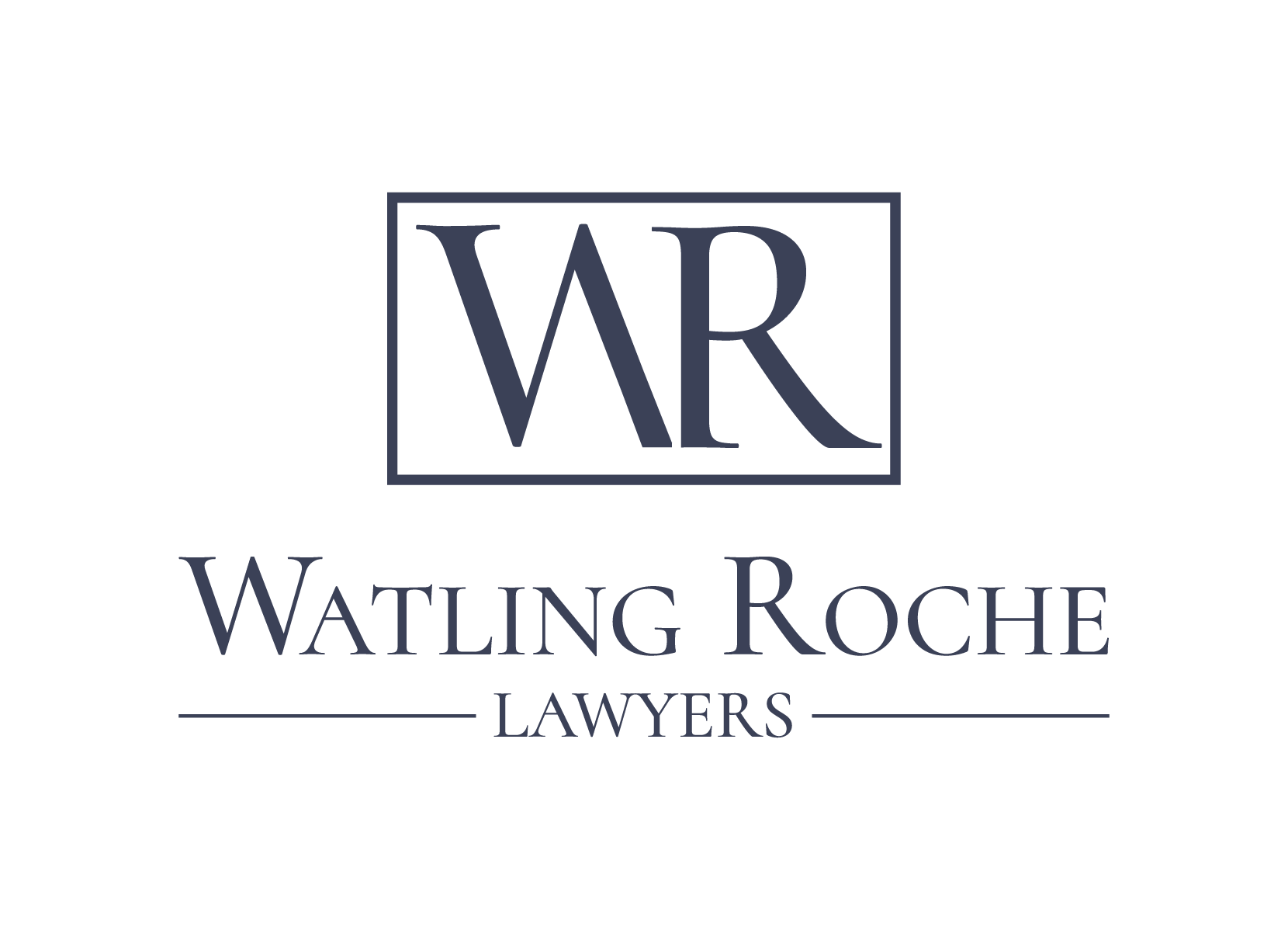SERIOUS ASSAULT ON PERSON OVER 60
In the Queensland Criminal Code, the charge of “serious assault on a person over 60” is a specific offence that pertains to assaults committed against individuals who are 60 years of age or older. This charge recognises the vulnerability and potential harm that elderly individuals may face due to their age.
What is serious assault on a person over 60?
Assault is defined in section 245 of the Criminal Code as a person who strikes, touches, or moves, or otherwise “applies force” of any kind to, the person of another, either directly or indirectly, without the other person’s consent, or with the other person’s consent if the consent is obtained by fraud, or who by any bodily act or gesture attempts or threatens to apply force of any kind to the person of another without the other person’s consent, under such circumstances that the person making the attempt or threat has actually or apparently a present ability to effect the person’s purpose, is said to assault that other person, and the act is called an “assault” .
“applies force” includes the case of applying heat, light, electrical force, gas, odour, or any other substance or thing whatever if applied in such a degree as to cause injury or personal discomfort.
Of course with this particular charge, the person assaulted must be over 60 years of age.
What does the police prosecutor have to prove?
To be charged with “serious assault on a person over 60” in Queensland, the prosecution must prove that:
- The accused intentionally assaulted the victim: The accused must have committed a deliberate act that caused physical harm or the threat of physical harm to the person over 60.
- The victim is 60 years of age or older: The charge specifically applies to assaults against individuals who have reached the age of 60 or above.
- The assault resulted in bodily harm: The assault must have caused bodily harm to the victim. This includes physical injury, pain, or impairment, though the specific extent of harm required may vary depending on the circumstances.
What are the penalties for serious assault person over 60?
The maximum penalty for this charge is 7 years imprisonment.
If convicted, the court has the discretion to impose various penalties, including:
- Imprisonment: The court may sentence the offender to a term of imprisonment, the length of which depends on factors such as the degree of harm caused, any aggravating circumstances, the offender’s criminal history, and other relevant considerations.
- Fines: In addition to or instead of imprisonment, the court may impose fines as a penalty for serious assault. The amount of the fine can vary depending on the severity of the offence and the financial circumstances of the offender.
- Other orders: The court may also consider additional orders, such as probation, community service, or mandatory counselling or treatment programs, depending on the circumstances and the specific needs of the offender.
What are the defences to serious assault person over 60?
In Queensland, there are various defences that may be available to individuals charged with serious assault on a person over 60. It’s important to note that the availability and applicability of these defences can depend on the specific circumstances of the case.
Self-defence
If you can demonstrate that you were acting in reasonable self-defence or defence of others, and the force used was necessary and proportionate to protect yourself or another person from harm, it may be a valid defence against the charge.
Intent
If you can show that you did not intentionally assault the person over 60, or that there was a mistake or accident involved, it may be a defence to the charge.
See section 23 of the Criminal Code.
Provocation
The provocation defence is based on the argument that the accused person’s actions were provoked by the conduct or behaviour of the alleged victim, leading to a loss of self-control and a reasonable person would have also reacted similarly in the circumstances.
To successfully raise the provocation defence, the following elements must typically be established:
- Provocation: The accused must demonstrate that they were subjected to a provocative act or series of acts by the alleged victim. The act or acts must be serious enough to cause a reasonable person to lose self-control.
- Loss of self-control: The accused must show that, as a result of the provocation, they lost self-control and acted in the heat of the moment. This loss of self-control must be sudden and not premeditated.
- Reasonable response: The accused must establish that the reaction to the provocation was a reasonable response from an ordinary person placed in the same circumstances.
DO YOU NEED A LAWYER?
In the challenging circumstances of facing a serious assault charge, the guidance and expertise of a skilled criminal lawyer at Watling Roche Lawyers can make all the difference. Our leading criminal lawyer, Ryan Roche is not just your legal advocate but a protector of your rights, a strategist, and a staunch defender of your innocence. Ryan possesses the in-depth knowledge of Queensland’s legal landscape, understands the nuances of assault laws, and is experienced in crafting strong defence strategies. With the support of Watling Roche Lawyers, you gain access to invaluable legal advice, evidence examination, and will have a professional ally who will tirelessly work to build a robust defence tailored to your specific case. From challenging the evidence against you to negotiating with prosecutors and representing your interests in court, Watling Roche Lawyers is your best chance at achieving the most favourable outcome, whether that means reduced charges, a lighter sentence, or an acquittal. Our commitment to safeguarding your rights and fighting for justice is a lifeline in a challenging legal battle.
TALK TO A LAWYER FOR FREE
Our best assault lawyer, Ryan Roche is available 24 hours, 7 days a week. If you have a legal question please call 07 3188 1767 or call or SMS 0402 843 177.
